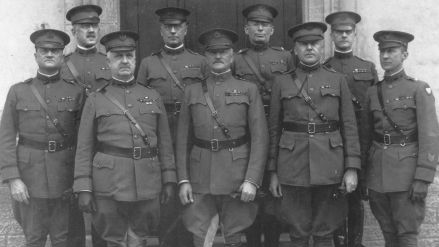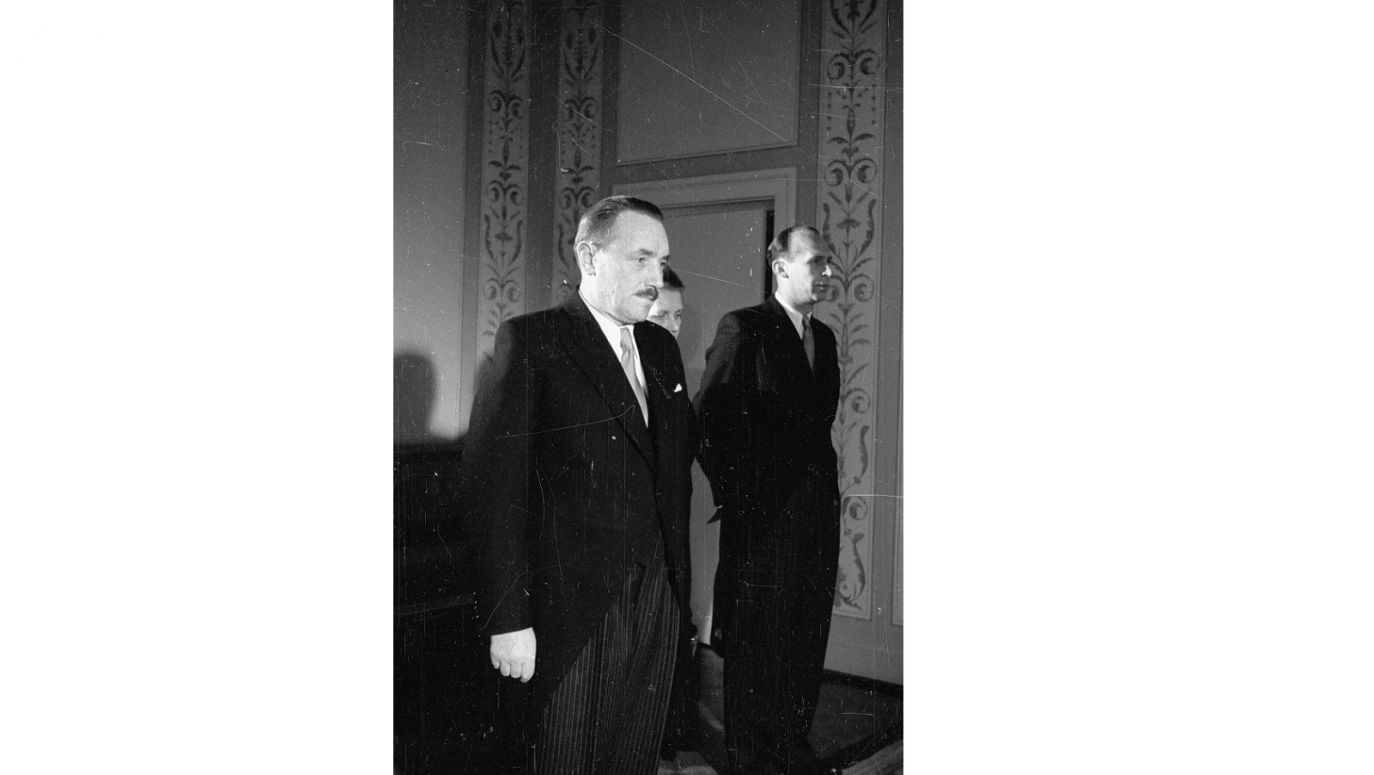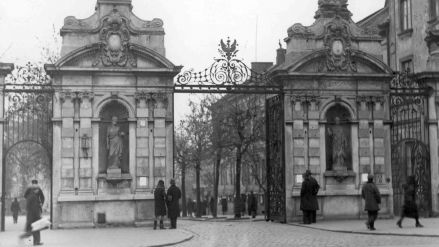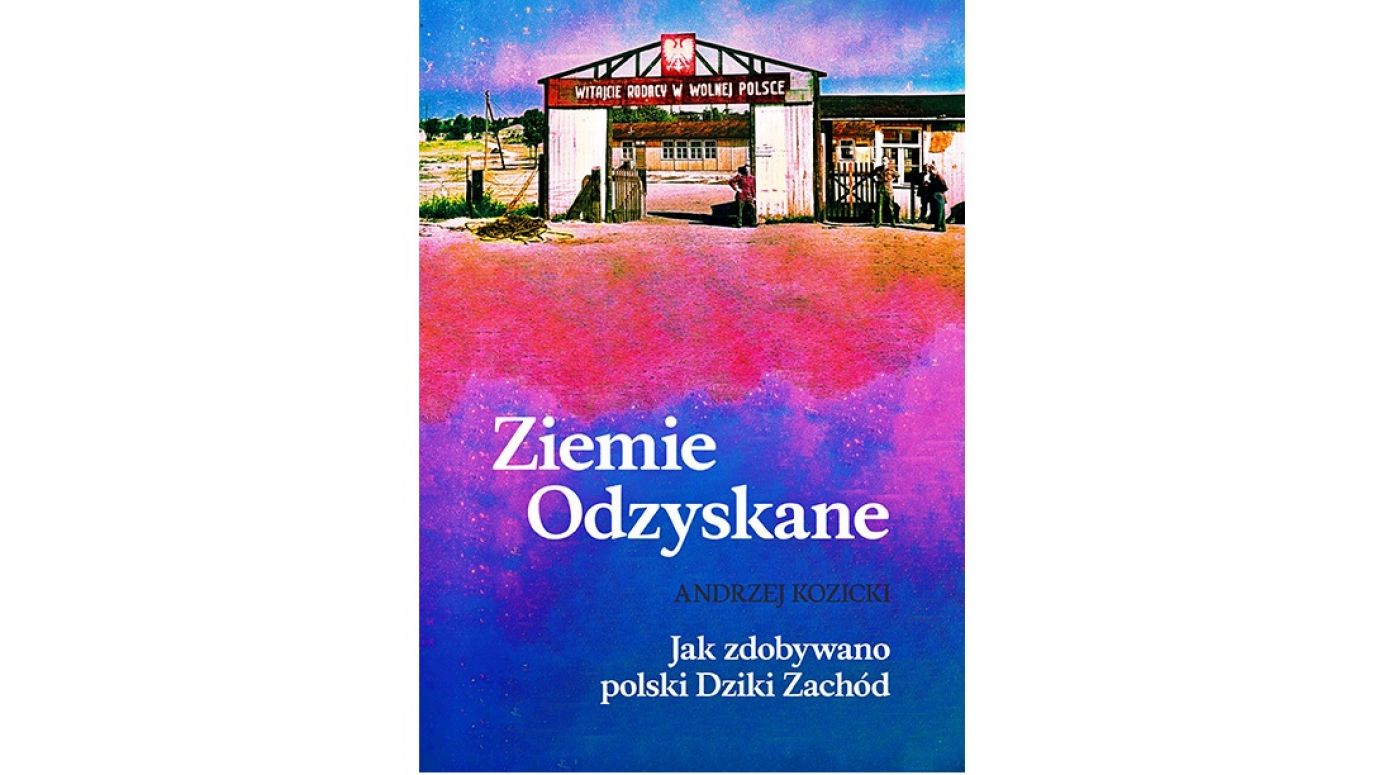War reparations and damages are two different things, which Cimoszewicz – as a lawyer by profession – was well aware of.
Reparations are about covering losses in infrastructure, such as damaged bridges or factories. Reparations are paid to the winning sides of the war, in this case the four powers that sat in Potsdam and ordered the division of Germany into zones of occupation. Therefore, the Germans paid the Soviets in locomotives or typewriters, and the Soviets gave some part of it to Poland.
On the other hand, damages (Polish odszkodowania, French dommage, German Schaden) concern not only objects but also people – with 6 million Polish citizens perished in WWII. Their loss of life and the loss of health by others have never been resolved legally. After all, the Polish army numbered one million soldiers in September 1939, that is, most of the victims were civilians. They did not fight, so the Germans committed genocide on them.
The question of genocide is therefore not only a matter of crime, but also of a quantifiable damage. Unless a really unsigned document without a signature, allegedly from 1953, is authentic. Then the Germans may rub their hands, saying that Poland has renounced not only reparations, but also compensation for crimes, i.e. the damages
However, the Polish communist authorities did not think so. Even after 1970 when the German chancellor Willy Brandt accepted the border to be fixed on the Oder and Lusatian Neisse, at the Ministry of Foreign Affairs there were lawyers, led by Zbigniew Resich (privately father to the journalist Alicja Resich-Modlińska), then a judge of the Supreme Court, still working on the question of damages for German war crimes.
Finally, it remains to ask: what interest would Cimoszewicz have in legalizing the “protocol”? The answer is not clear. Could he have meant gaining favor with the German media and press power in the upcoming presidential elections in 2005? Probably not. After all, he was the undisputed leader of the polls. In addition no statesman would do the dirty on his own nation. So it’s probably about something else.
–Andrzej Kozicki
-Translated by Dominik Szczęsny-Kostanecki
TVP WEEKLY. Editorial team and jornalists
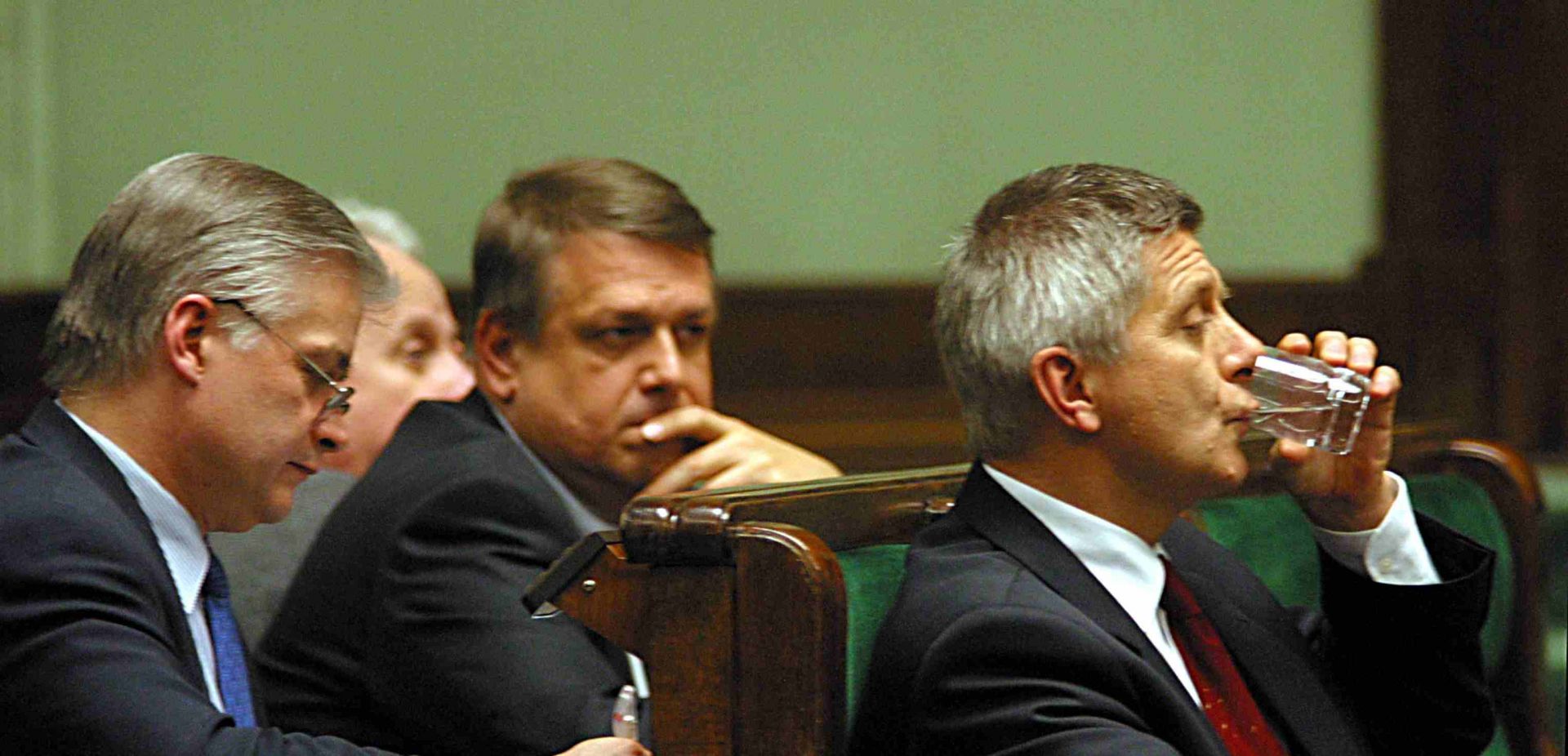
 SIGN UP TO OUR PAGE
SIGN UP TO OUR PAGE
 For the thing is that the protocol has never been seen before, members of the communist government denied its existence and the only signature on it is the one of Bierut.
For the thing is that the protocol has never been seen before, members of the communist government denied its existence and the only signature on it is the one of Bierut.